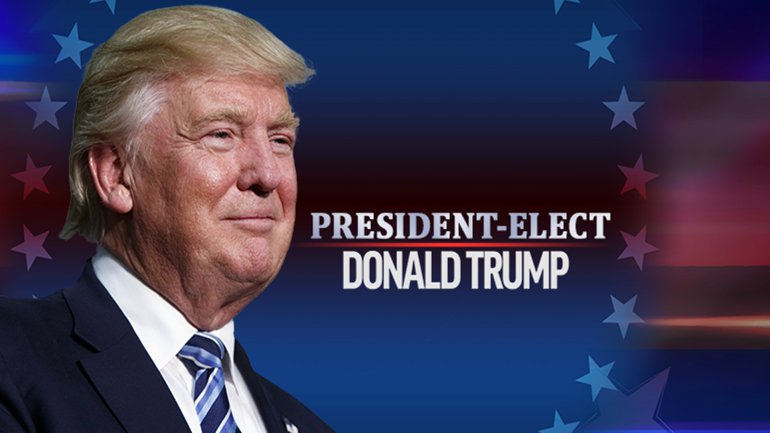Implications of the 2016 Election
Most Americans know by now that Donald Trump was elected the 45th president of the United States on November 8th. Some may even be aware of the details: his surprise victories in Pennsylvania, Wisconsin, and Michigan, and the fact that Clinton actually won the popular vote but lost the election.
But do we know what this means?
President-Elect Donald Trump’s victory was rejoiced by anti-establishmentarians everywhere and mourned by equal numbers of liberals. His presidency is likely to bring much more conservative measures into national politics, with some exceptions.
While Trump opposes free trade and the NAFTA deal (which was touted by both Speaker of the House Paul Ryan and Senate Majority Leader Mitch McConnell), and will likely act against such policies, he currently holds pretty standard Republican ideas and is privy to further their agenda. However, he has flip-flopped much on the issues in the past 30 years or so that he was politically active and may change his opinions again. At this point, though, this is unlikely. Trump was elected on a conservative ticket, and will most likely do his best to uphold conservative values, taking a pro-life, pro-gun, anti-illegal immigration, jingoistic stance on many issues. Furthermore, Trump’s election will plausibly be the harbinger of the nomination of a Republican Supreme Court Justice, giving a conservative tilt on the judicial branch for years to come.
While Trump won the presidency despite all odds, Republicans also managed to maintain control of the Senate for another two years, despite all predictions otherwise. With at least 51 senators belonging to the Republican Party, they now have a majority and can continue to pass conservative legislation in the legislative branch.
What was not surprising to pundits was the Republicans maintaining control of the House of Representatives. They have had a hold on this since the 2010 election and were by far the favorites to keep their majority. However, this race also lead to slight Democratic gains as well as liberal pitfalls. The loss of Zephyr Teachout (a candidate for the House in a very close-watched race) was a very disappointing end to the Congressional Race for New York’s 19th district for left-wing enthusiasts; she was likened to Senator Bernie Sanders in many instances.
Another thing that may be surmised from this election is the antediluvian, woeful inadequacy of polls. Since August, former Secretary Clinton dominated the polling averages, with a 3.3% lead over Trump the day before the election. Based on such consistently Hillary-pointing surveys, polling website FiveThirtyEight gave Trump a mere 30% chance of victory on the eve prior to election night, right before he astoundingly trounced Clinton. This shows that polls are part of a largely outdated system which should not be overrated or over-analyzed too much in the future.
Voter dissatisfaction is clearly more eminent than we thought, as well. A majority of people only went to vote against a candidate, not for one, and Trump’s election is such a clear repudiation of the Washington establishment, which Clinton is thought to embody. Resentment has grown in all classes, races, groups, and ethnicities, and this was expressed in the nomination of someone new, who “speaks his mind”- something exit polls showed voters liked most about Trump. Because of this now-evident change in the way Americans think and feel, we all must tread carefully, think carefully, and triumph carefully.
What we can take from this as a whole is that Republicans will soon have control over the Presidency, Senate, House of Representatives, and possibly the Supreme Court- a scenario that has not played out since 1928. This is wonderful if you regard reactionary reasoning as right, but terrible if you hold Democratic doctrines dearly.
Now that you know the facts, feel free to express your emotions one way or the other. Don’t get too worked up though. The world spins on despite your ecstasy or anger. If you’re a Democrat, it’s only four years. If you’re a Republican, you have at least four years. During that time, enjoy life and do what’s best for yourself and others.


